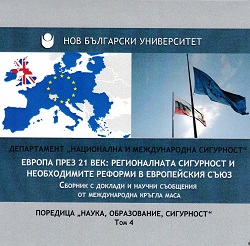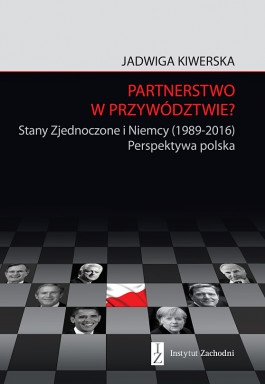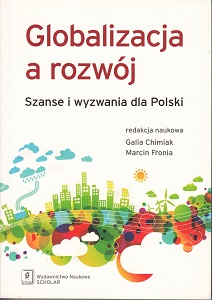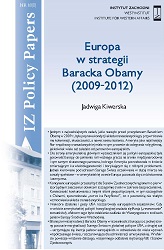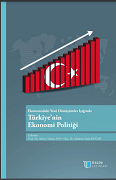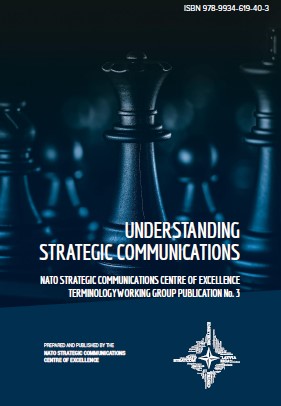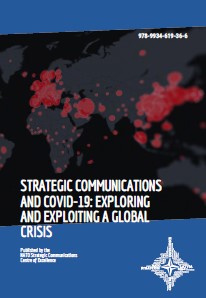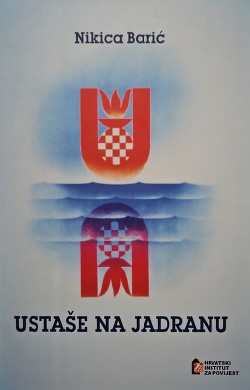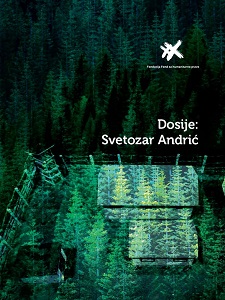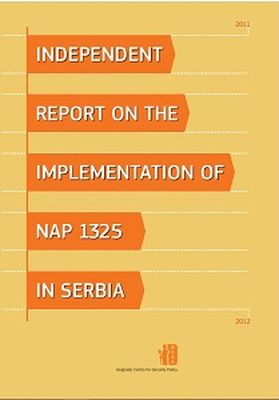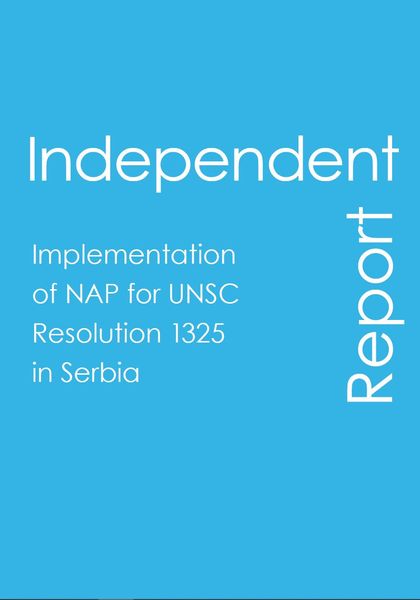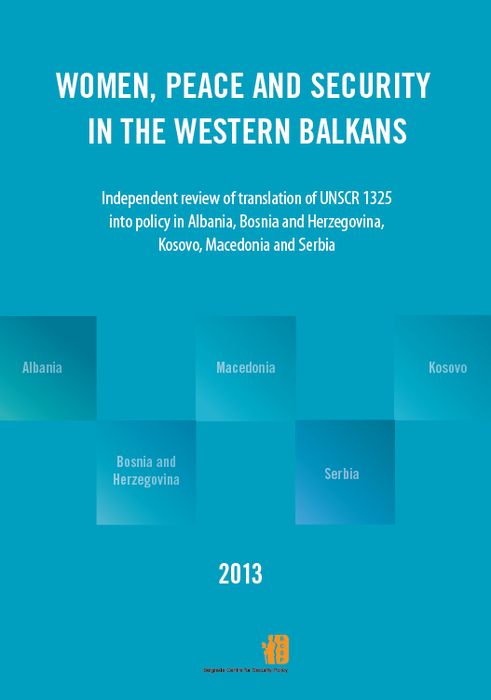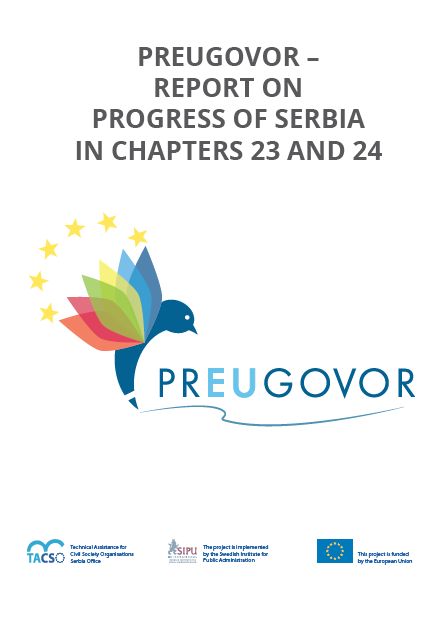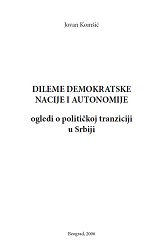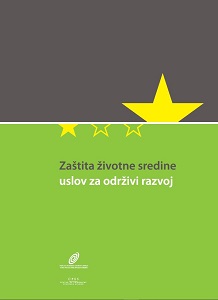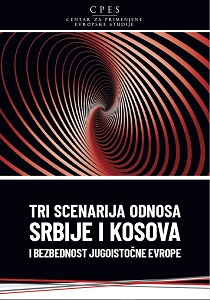
Belgrade and Kiev between Brussels and Moscow
Using a comparative analysis of media and interviews, the author investigates the geopolitical position of Belgrade and Kiev in Europe, whereby the relations between the EU and Russia under conditions of Ukrainian crisis have fallen almost to the Cold War level. The research is focused on Serbia and its foreign policy, and the paper is divided into five chapters: (1) The Ukrainian Crisis and Russia, (2) The Ukrainian Crisis and Serbia, (3) Serbia Between the European Union and the Eurasian Union, (4) Conclusions and (5) Recommendations. The research is concerned with the course of events in Europe after the Ukrainian crisis, leading to the division into two political and economic blocs – the European Union and the Eurasian Economic Union – and their influence on the region of countries in transition, including Serbia and Ukraine. The author concludes that Belgrade and Kiev must be more resolute in implementing their refors and integrating into Euro-Atlantic structures if they do not wish to remain isolated or left to the influence of the growing power of the authoritarian states like Russia and China. This can also happen if Brussels ends its EU integration programmes for transition countries
More...
